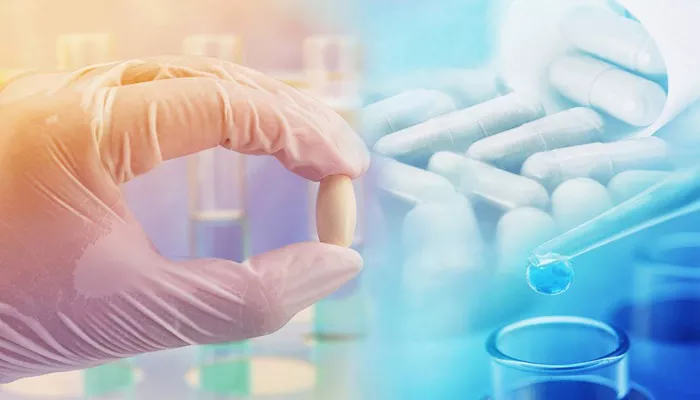Japanese researchers are initiating groundbreaking clinical trials for a pioneering drug that could enable adults to regrow teeth, offering a potential alternative to dentures and implants. This innovative approach is being spearheaded by Katsu Takahashi, head of oral surgery at Kitano Hospital in Osaka.
Unlike reptiles and fish, which can regularly replace their teeth, humans typically grow only two sets. However, Takahashi’s research suggests that dormant tooth buds may exist beneath our gums, representing a third potential set of teeth. His team began administering an experimental drug to adult participants at Kyoto University Hospital in October, aiming to stimulate the growth of these hidden teeth.
Takahashi described this technology as “completely new” to the world.
Current prosthetic treatments for tooth loss due to decay, disease, or injury are often costly and invasive. Takahashi emphasized the advantages of restoring natural teeth, stating that it could significantly improve patients’ quality of life.
Previous studies on mice and ferrets indicated that blocking a protein called USAG-1 could activate these dormant tooth buds. The researchers have documented successful regrowth of teeth in animal subjects.
The drug has shown promise in animal trials, generating new teeth without major side effects in species including mice, ferrets, and dogs.
Human trials are scheduled to begin in September 2024, involving healthy adults aged 30 to 64 who are missing at least one molar. This phase will last for 11 months and aims to assess the drug’s safety before expanding trials to children aged two to seven with congenital tooth deficiencies.
Takahashi expressed hope that the drug will be available for public use by 2030, particularly benefiting individuals with congenital conditions like oligodontia, which affects about 0.1% of the population. This condition results in the absence of six or more permanent teeth, often leading to significant challenges in chewing and speech.
As the lead researcher, Takahashi has dedicated years to this project, describing tooth regrowth as “every dentist’s dream.”
He remains optimistic about the potential impact of this research on dental care for both children and adults facing tooth loss due to various causes.
Experts outside the research team have acknowledged the significance of this work. Angray Kang, a dentistry professor at Queen Mary University of London, noted that Takahashi’s group is at the forefront of this field. Chengfei Zhang from the University of Hong Kong highlighted the innovative nature of the method but cautioned that results from animal studies may not directly translate to human outcomes.
While the initial trials focus on safety rather than effectiveness, there is a possibility that some participants might experience tooth regeneration. If successful, this could mark a significant medical breakthrough for those suffering from tooth loss.
Takahashi remains hopeful about the future of dental regeneration, stating that if the drug proves effective in humans, it could revolutionize treatment options for an aging population in Japan and beyond.

